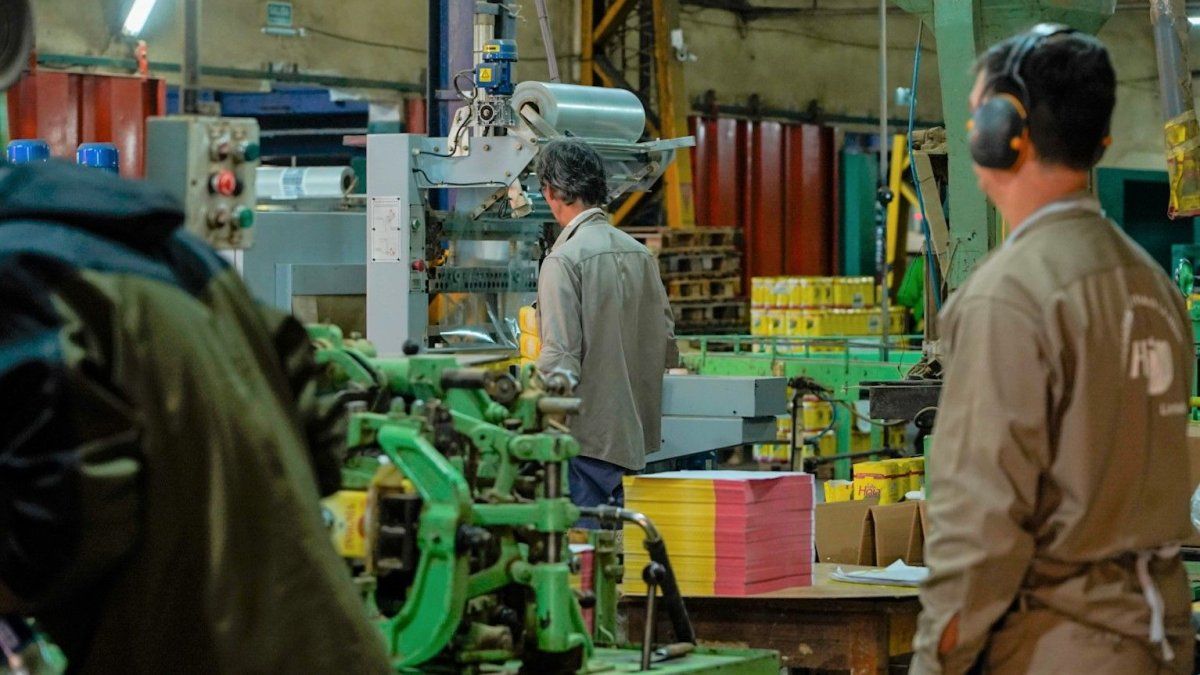In the effort to balance the accounts, programs that encourage job creation are cut, subsidies for productive sectors are eliminated, and funds for public education are reduced.
The challenge facing the current government is to find a balance between fiscal discipline and stimulating growth.
The discussion about reducing the fiscal deficit has been a recurring theme in our country’s economic policies, and the new government has decided to opt for a drastic adjustment to reach the much-mentioned “zero fiscal deficit.” This vision, which may sound attractive from macroeconomics, has direct consequences in two fundamental areas for the development and well-being of the country: employment and education.
The content you want to access is exclusive to subscribers.
In the effort to balance the accounts, programs that encourage job creation are cut, subsidies for productive sectors are eliminated and funds for public education are reduced, mainly affecting SMEs and educational institutions such as the University of Buenos Aires ( UBA), which train the professionals who will sustain the future of our economy.


As an SME industrialist, I have seen up close how the adjustment measures have affected those who generate the greatest amount of employment in the country. Economic growth cannot be sustained by sacrificing small and medium-sized businesses that, with each cut, are further suffocated by the lack of financial support and infrastructure. The long-awaited fiscal balance must also consider the impact on the productive fabric, without which it is not possible to achieve sustainable development.
Likewise, public education, especially the UBA, is under threat with the adjustment policy. Reducing investment in education is compromising the future. Public universities have been and are the engine of social advancement and knowledge production, and relegating them to the background only deepens the inequalities in our society.
The challenge facing the current government is to find a balance between fiscal discipline and stimulating growth. It is not possible to ask for an effort from the sectors that contribute the most to the economy, without providing them with tools to grow and be competitive. And it is not possible to talk about development if we sacrifice education and employment, fundamental pillars of any country project.
We SME entrepreneurs consider that it is essential for the future of our country to stop the current situation, in which more than 10,000 SMEs closed in the first half of 2024, a very serious situation considering its importance for our social fabric. A broader framework of economic reforms is necessary that includes macroeconomic stabilization, comprehensive tax reform, and the creation of a more favorable environment for investment.
Extreme austerity may seem like the short-term solution, but in the long term it only produces more poverty, more inequality and fewer opportunities. It is time for us to rethink our priorities and opt for policies that not only seek fiscal balance, but also growth with equity and the strengthening of our productive and educational capacities.
Industrial SME
Source: Ambito
David William is a talented author who has made a name for himself in the world of writing. He is a professional author who writes on a wide range of topics, from general interest to opinion news. David is currently working as a writer at 24 hours worlds where he brings his unique perspective and in-depth research to his articles, making them both informative and engaging.




